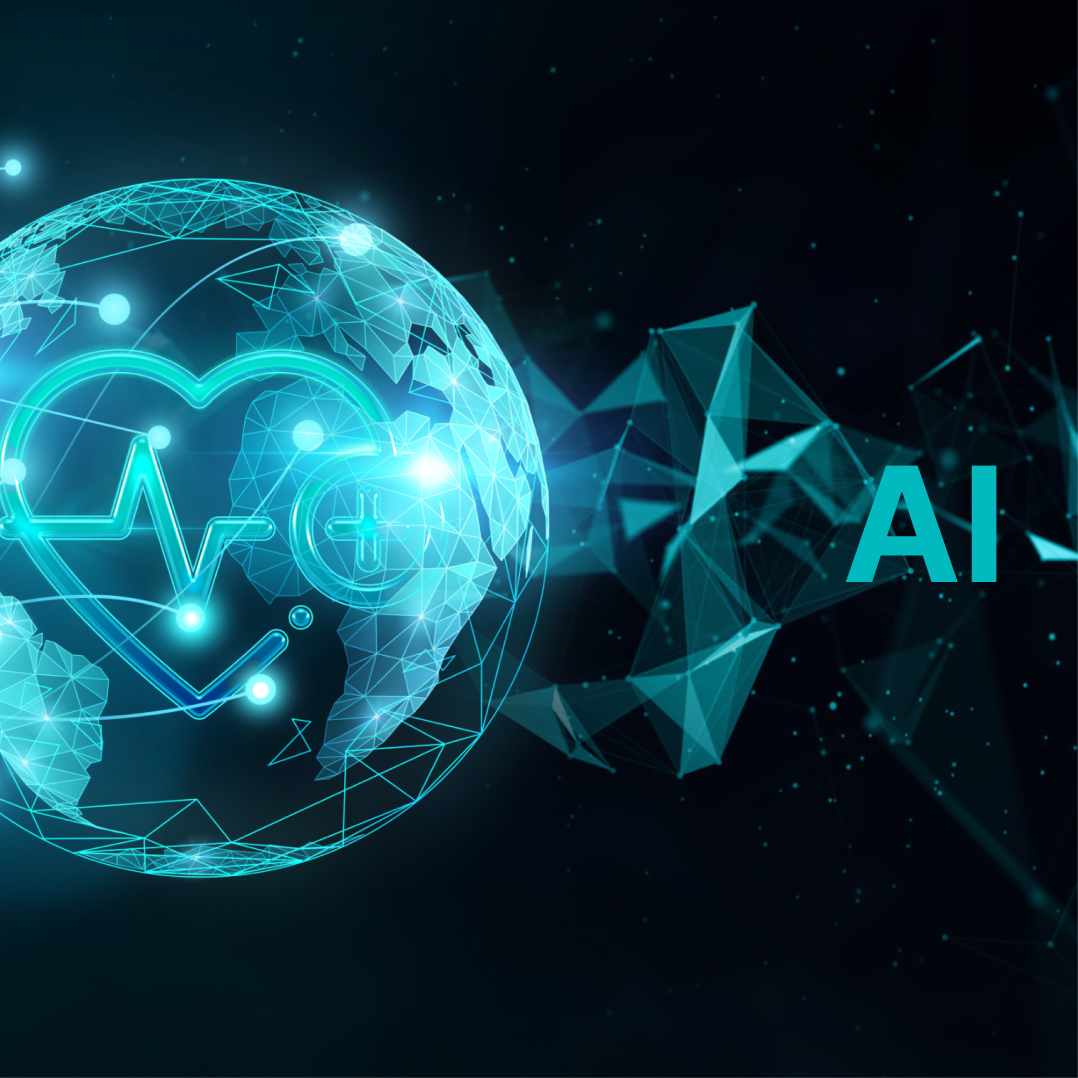The Middle East is at the forefront of healthcare transformation, with AI healthcare UAE paving the way for smarter systems and innovative treatments. From diagnosing complex diseases to streamlining hospital operations, AI innovations are becoming the backbone of futuristic healthcare systems. As the UAE spearheads the region’s vision for advanced and sustainable healthcare, Artificial Intelligence (AI) emerges as a vital enabler of progress.
But what makes AI indispensable for healthcare in the Middle East AI Innovation? And how is it setting new benchmarks in UAE medical advancements?
Beyond Automation: The Intelligence of AI in Healthcare
AI in healthcare transcends automation by creating intelligent systems that continuously learn and adapt. These systems process vast amounts of data to extract actionable insights faster and more accurately than traditional methods. For UAE digital health, this translates into quicker diagnoses, improved patient outcomes, and efficient operational workflows.
Take AI-powered radiology tools, for instance. These tools can analyze scans with unparalleled precision, identifying anomalies that even experts might miss. Early detection of diseases like cancer saves lives and reduces the burden on healthcare systems. Beyond diagnostics, AI healthcare UAE is driving predictive analytics to forecast patient needs, resource allocation, and potential public health crises—a crucial feature for densely populated regions.
Tailored Diagnostics: Precision for a Diverse Population
The Middle East’s diverse population poses unique challenges for healthcare providers. AI tools, however, are designed to navigate this complexity. By integrating genetic data, patient histories, and clinical records, AI enables tailored diagnostic solutions—a key feature of healthcare technology UAE.
Imagine AI analyzing a patient’s genetic predisposition to diabetes, a common condition in the UAE. Coupled with lifestyle data, AI can craft highly personalized treatment plans, minimizing trial and error in medical care. This level of precision ensures better outcomes and more efficient resource use.
Moreover, AI bridges gaps in healthcare accessibility. Remote healthcare solutions, equipped with AI-driven diagnostic tools, bring UAE digital health services to underserved or rural communities, making quality care accessible to all.
Reengineering Operations: The AI Advantage
The efficiency of a healthcare system relies heavily on its behind-the-scenes operations. AI is revolutionizing hospital management by automating routine tasks, optimizing resource allocation, and predicting patient trends.
For example, AI can forecast hospital admissions, enabling proactive resource planning. Hospitals in the UAE use AI-driven tools to allocate beds, staff, and medical supplies efficiently, reducing wait times and avoiding staff burnout. AI also powers intelligent supply chain systems to ensure medicines and equipment are always available, a critical aspect of UAE medical advancements.
Even patient communication is enhanced with AI-powered Chabot. These virtual assistants handle tasks like appointment scheduling, medication reminders, and answering FAQs, improving patient engagement and freeing up healthcare workers for more critical duties.
Predictive and Preventive Healthcare: The Next Frontier
Preventive care has always been more impactful than reactive treatment, and AI takes this concept to new heights. Wearable health devices combined with AI analytics are central to UAE digital health initiatives, continuously monitoring patients and alerting healthcare providers to abnormalities in real-time.
For example, an AI system tracking heart rate irregularities might flag potential cardiovascular issues before symptoms arise. This proactive approach prevents severe health crises like heart attacks, saving lives and reducing healthcare costs.
AI’s role in public health is equally transformative. By analyzing environmental and behavioral data, AI can predict outbreaks of diseases, enabling governments to take preemptive measures. This capability is particularly crucial in a rapidly urbanizing region like the UAE, where climate change and population density pose unique health challenges.
Challenges in Adoption: Data, Privacy, and Ethics
Integrating AI innovations into Middle Eastern healthcare isn’t without challenges. One major hurdle is the need for interoperable healthcare data. Many systems still lack standardization, limiting AI’s potential to deliver its full capabilities.
Privacy concerns are another significant issue. AI systems require massive amounts of sensitive patient data, raising concerns about security and ethical use. However, the UAE is addressing these challenges by investing in robust cybersecurity frameworks and regulatory policies to ensure safe and ethical AI deployment.
Despite these obstacles, the region’s commitment to healthcare technology UAE is unwavering. Ongoing initiatives promoting electronic health records (EHR) in healthcare and data standardization are laying a strong foundation for seamless AI integration.
The UAE’s Vision for AI-Driven Healthcare:
What sets the UAE apart in its AI journey is its ambitious vision. From AI-assisted telemedicine to smart hospital management systems, the country is creating a healthcare ecosystem that is resilient, patient-centered, and data-driven.
Collaboration plays a vital role in this transformation. By bringing together healthcare providers, technology companies, and policymakers, the UAE ensures that AI healthcare UAE solutions are innovative, efficient, and tailored to regional needs.
Moreover, the country’s investment in research and infrastructure is positioning it as a global leader in UAE medical advancements. The proactive adoption of AI in middle east healthcare is already setting benchmarks for other regions to follow.
Final Thoughts:
Artificial Intelligence is reshaping the future of healthcare in the UAE and beyond. From precision diagnostics to operational efficiency, AI innovations are unlocking new possibilities, making healthcare smarter, faster, and more accessible.
As the UAE continues to embrace healthcare technology, the focus must remain on sustainable and ethical innovation. With the right balance of regulation, talent, and investment, AI has the potential to revolutionize healthcare systems globally.
The future of healthcare in the UAE isn’t just digital—it’s intelligent. And AI is the key to unlocking its full potential.




